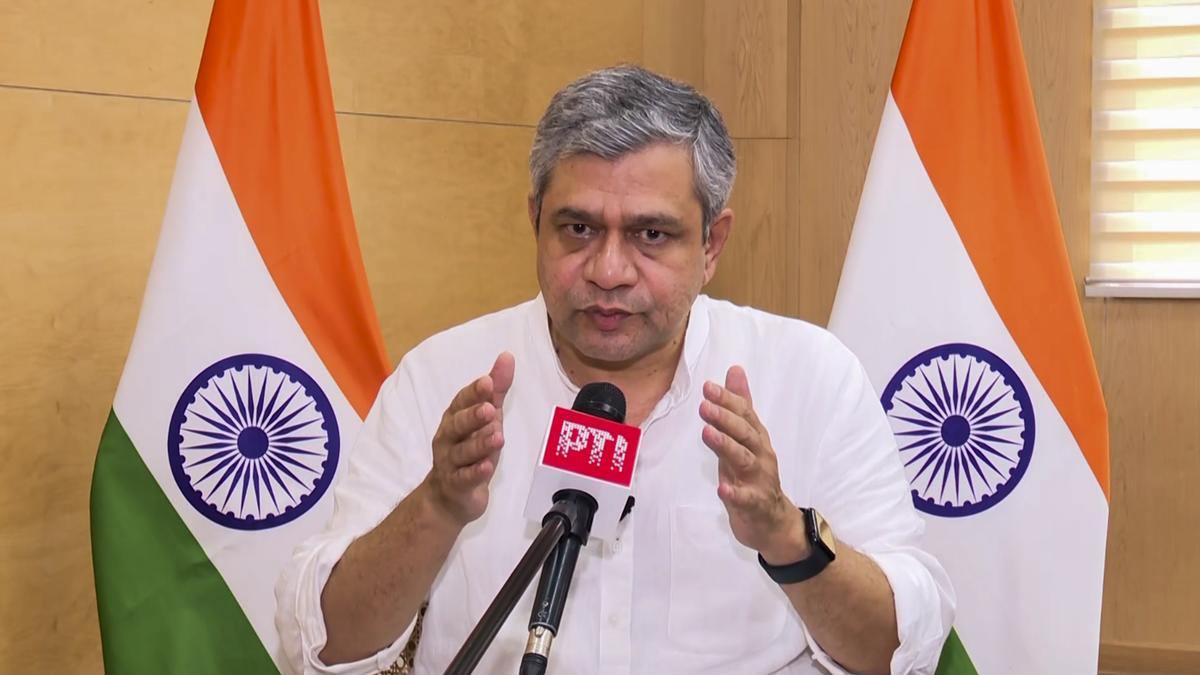
I&B Ministry extends window for feedback on draft Broadcasting Bill till October 15
The Hindu
Information & Broadcasting Ministry extends feedback deadline for Broadcasting Services Bill, facing criticism for lack of transparency and censorship concerns.
The Information & Broadcasting Ministry on Monday (August 12, 2024) extended the time for receiving feedback on the draft Broadcasting Services (Regulation) Bill till October 15, stating that a fresh draft would be published after detailed consultations with the stakeholders.
The draft Bill was placed in public domain on November 10, 2023, along with the explanatory notes seeking comments from the stakeholders and the general public. “In response, multiple recommendations/ comments/suggestions were received, including from various Associations,” said the Ministry in a post on X.
The Ministry said it was holding a series of consultations with the stakeholders on the draft Bill.
Amid reports on the withdrawal of the draft Bill, lawyer and co-founder of the Internet Freedom Foundation (IFF) Apar Gupta on Monday (August 12, 2024) wrote on X: “I would like to thank everyone who reported, worked and educated others on its dangerous provisions. This is a broad coalition of diverse individuals, groups and organisations who have stood up and asked the government for transparency and contested political censorship.”
He said: “Hope that the MIB practices the Pre-Legislative Consultation Process (PLCP) in letter and spirit for future legal proposals. I hope to continue providing a political economy framing and a detailed legal analysis that advances policy and public deliberation.”
Earlier, IFF had criticised the “secret” changes to the draft Bill, which expanded regulatory requirements on online news and entertainment media. As reported earlier, the Ministry had met “selective industry representatives, without representation from civil society, journalists, or other key stakeholders”. The IFF had reiterated the concerns raised by civil society that the Bill would lead to further censorship implications for online platforms.
The government has been working on the draft Bill which is aimed at replacing the Cable Television Networks (Regulation) Act, 1995. It provided for the constitution of a Broadcast Advisory Council, with government membership, that would hear complaints against broadcasters.













